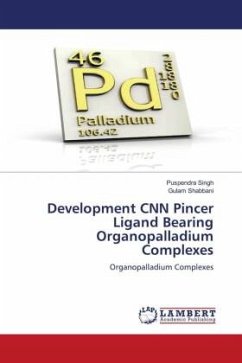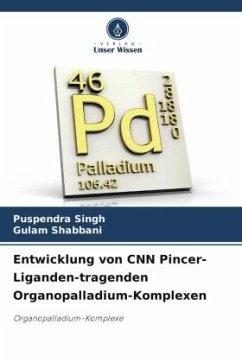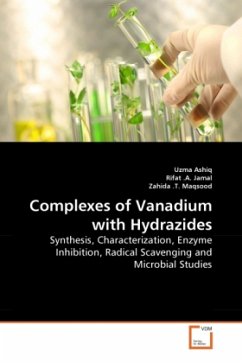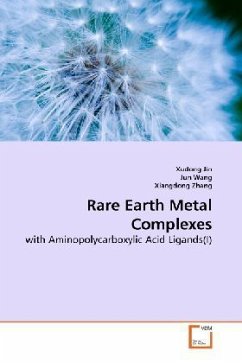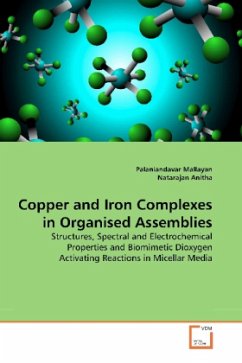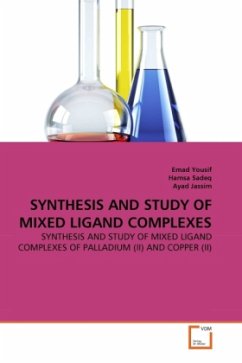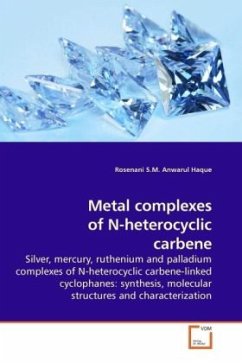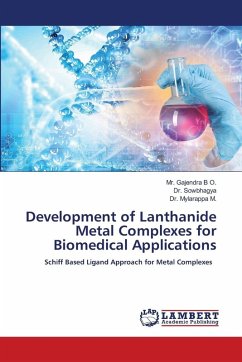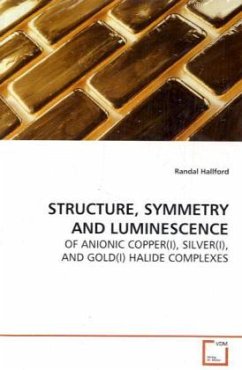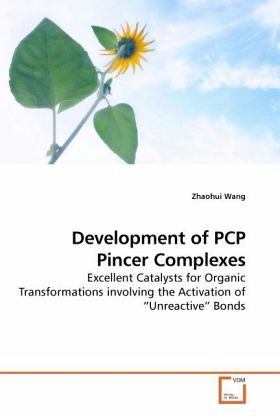
Development of PCP Pincer Complexes
Excellent Catalysts for Organic Transformations involving the Activation of Unreactive Bonds
Versandkostenfrei!
Versandfertig in 6-10 Tagen
32,99 €
inkl. MwSt.

PAYBACK Punkte
16 °P sammeln!
Novel pincer complexes have been explored as catalysts in the activation of unreactive C-H and C-Cl bonds. In the dehydrogenation of alkanes, two PCP pincer iridum complexes have demonstrated similar kinetic aspects. This observation indicates both complexes undergo a dissociative pathway to form the same 14-electron Ir(I) intermediate (PCP)Ir through which the dehydrogenation of alkanes occurs. In the hydroxylation 1-propanol to 1,3-diol, two pincer-ligated platinum complexes present much higher activity and selectivity than the original Shilov catalyst, tetrachloroplatinate. Moreover, both c...
Novel pincer complexes have been explored as catalysts in the activation of unreactive C-H and C-Cl bonds. In the dehydrogenation of alkanes, two PCP pincer iridum complexes have demonstrated similar kinetic aspects. This observation indicates both complexes undergo a dissociative pathway to form the same 14-electron Ir(I) intermediate (PCP)Ir through which the dehydrogenation of alkanes occurs. In the hydroxylation 1-propanol to 1,3-diol, two pincer-ligated platinum complexes present much higher activity and selectivity than the original Shilov catalyst, tetrachloroplatinate. Moreover, both complexes are able to catalyze this transformation even upon replacement of hexachloroplatinate by more economical copper(II) chloride as an oxidant. In the study of activation of arene chlorine bond, an effective one-pot catalytic system has been developed to apply PCP pincer palladium complex as an active catalyst to mediate the cross-coupling reaction between phenylacetylene and a wide array of electronically deactivated, non-activated and activated as well as hindered aryl chlorides with modest to excellent yields in the presence of zinc chloride.



